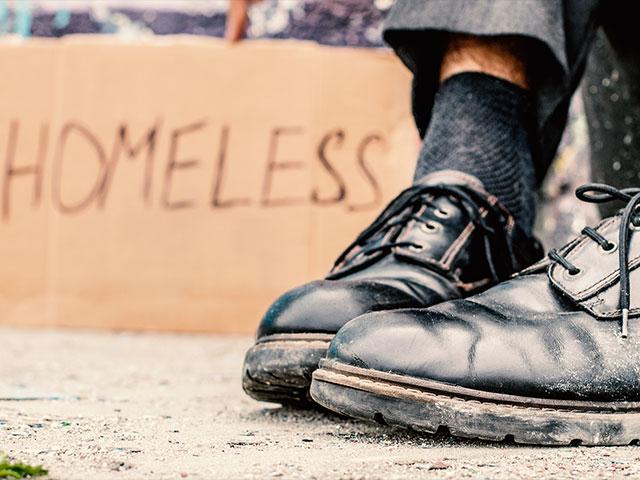A man I have known and greatly admired for decades, recently wrote, "We
tend to get caught up in the words that we
have, which may not be extensive enough to explain everything. I remember Zeno,
or some Greek, telling us, ‘No cat has nine lives; my cat has one more
life than no cats, therefore my cat has ten lives.' I really think our
paucity of language is a deterrent to
[communication]."
Linda Tirado, writing in Elle, states, "Solipsism [the view or theory that the self is all that can be known to exist] is self-soothing. It is easier to believe that everyone knows everything you do, and thus you ... assume that when they come to a different conclusion than you have, they are being intentionally wrongheaded, or selfish, or evil. Only, what if they aren't? What if you, given the information they have, would have reached the same conclusion they did? What if the problem in America is that millions of us, on the right and on the left, have been propagandized? In all the discussions of fake news, we seem to keep missing the most important conversation of all: Different information leads to different decisions for most rational thinkers."
Linda Tirado, writing in Elle, states, "Solipsism [the view or theory that the self is all that can be known to exist] is self-soothing. It is easier to believe that everyone knows everything you do, and thus you ... assume that when they come to a different conclusion than you have, they are being intentionally wrongheaded, or selfish, or evil. Only, what if they aren't? What if you, given the information they have, would have reached the same conclusion they did? What if the problem in America is that millions of us, on the right and on the left, have been propagandized? In all the discussions of fake news, we seem to keep missing the most important conversation of all: Different information leads to different decisions for most rational thinkers."
Our "paucity of language," combined with our seeming inability to use critical thinking to read and analyze varied streams of information (not simply that which aligns with our beliefs or opinion) sets us up for divisiveness.
We shy away from communicating with those who have differing viewpoints or beliefs because we either fear what we assume will be their bombastic wrath or we simply have no stomach for dissension of any kind.
Therefore, we keep to our own group of "think-alikes," talk over the same issues, come to the same conclusion: "It's them, not us! They are the problem!"
People
demand freedom of speech as a compensation
for the freedom of thought, which they
seldom use.
~Soren Kierkegaard




